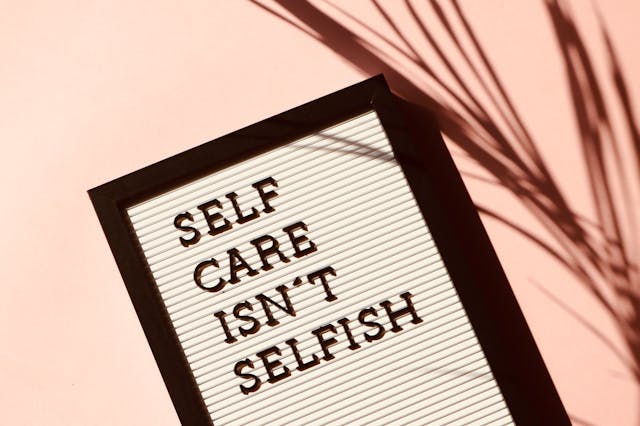
Cultivating Your Inner Garden: A Guide to Mental Well-Being
Mental health, just like physical health, needs regular attention and care. While life can be demanding, prioritizing your well-being isn’t selfish – it’s essential for thriving. This guide explores simple yet effective strategies to nurture your mental health and cultivate inner peace.
Understanding Your Needs
The first step is acknowledging that mental health is a spectrum, not a destination. Everyone experiences challenges, and what works for one person might not work for another. The key is to identify what contributes to your emotional well-being and what depletes it. Here are some questions to consider:
- What activities make me feel energized and happy?
- What situations or people tend to stress me out?
- How do I typically cope with difficult emotions?
Building Healthy Habits
Once you have a better understanding of your needs, you can incorporate practices that promote mental well-being into your daily routine:
- Prioritize Sleep: Aim for 7-8 hours of quality sleep each night. Develop a relaxing bedtime routine and create a sleep-conducive environment.
- Nourish Your Body: What you eat affects your mood and energy levels. Focus on a balanced diet rich in fruits, vegetables, whole grains, and lean protein.
- Move Your Body: Regular physical activity is a powerful mood booster. Find exercises you enjoy, whether it’s brisk walking, dancing, swimming, or team sports.
- Mindfulness and Meditation: Techniques like mindfulness meditation can help manage stress, improve focus, and enhance self-awareness. There are many free apps and online resources to get you started.
- Connect with Others: Humans are social creatures. Nurture meaningful relationships with friends, family, or join a local club or group based on your interests.
- Embrace Nature: Spending time outdoors has a calming effect. Go for walks in nature, hike in the woods, or simply sit in your garden and soak up the sunshine.
- Express Yourself Creatively: Engage in activities that allow you to express yourself creatively. This could be anything from writing, painting, playing music, or photography.
- Challenge Negative Thoughts: We all have negative thoughts sometimes. Learn to identify and challenge these thoughts by reframing them into more positive and realistic perspectives.
Taking Care of Yourself Isn’t Selfish
Setting boundaries and saying no to additional commitments when you’re feeling overwhelmed is crucial. Carving out time for self-care isn’t selfish – it allows you to recharge and become a better version of yourself for all your relationships.
Seeking Professional Help
Taking care of your mental health doesn’t mean going it alone. If you’re struggling with persistent negative thoughts, anxiety, or depression, don’t hesitate to seek professional help. Therapists can provide valuable guidance and support on your journey towards mental well-being.
Additional Resources
There are many resources available to support your mental health journey:
- National Alliance on Mental Illness (NAMI): https://www.nami.org/Home (US)
- MentalHealth.gov: https://www.samhsa.gov/ (US)
- Mind (UK): https://www.mind.org.uk/ (UK)
- Beyond Blue (Australia): https://www.beyondblue.org.au/about/contact-us (Australia)
Remember: Your mental health is a journey, not a destination. There will be ups and downs along the way. By incorporating these practices into your life and seeking help when needed, you can cultivate a sense of well-being and resilience to navigate life’s challenges with greater ease. Just like tending a garden, nurturing your mental health requires consistent effort, but the rewards are a life filled with joy, purpose, and connection.
